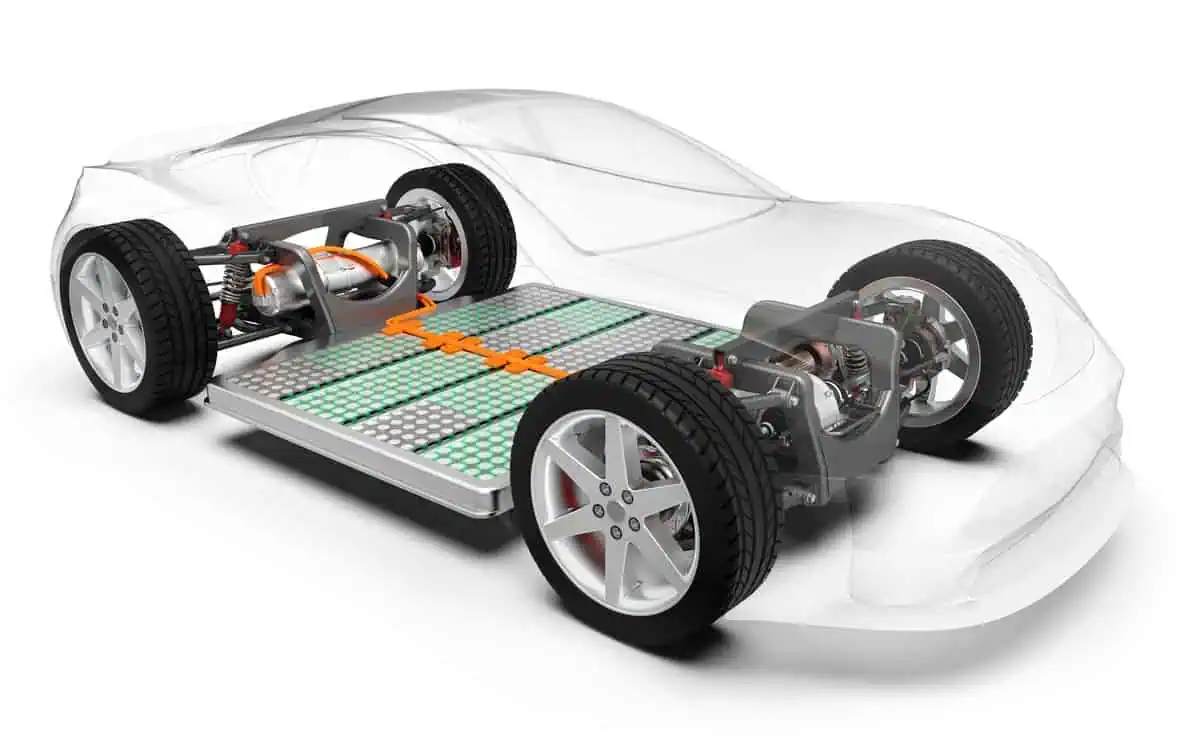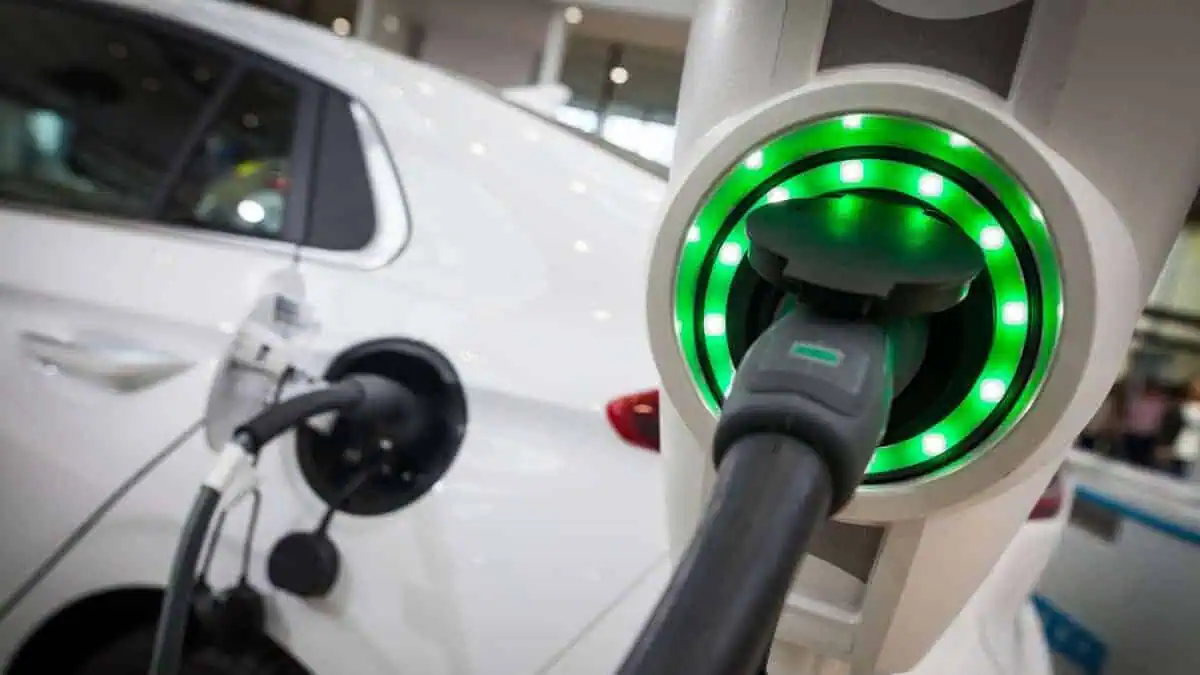Electrification opens new opportunities and few changes. As more electric vehicles are introduced to the market and provide customers with zero-emission vehicles, new opportunities in manufacturing and jobs are created to support the transition to electrification.
Bosch announced the launch of electric motors production in its Charleston, South Carolina manufacturing facility. Furthermore, according to Electric Cars Report, the manufacturer is planning to invest more than $260 million to expand the production of electrification products at its site, expecting to create 350 new jobs by 2025.
The president of Bosch in North America, Mike Mansuetti, says, “We have grown our electrification business globally and here in the North American region,”
“We’ve invested more than $6 billion dollars in electromobility development and in 2021 our global orders for electromobility surpassed $10 billion dollars for the first time. Local production helps to advance our customers’ regional electrification strategies, and further supports the market demand for electrification.”
Electric Motor Production & Investment
Electric motors production began at the Charleston site in October. It covers around 200,000 square feet in a building on the Bosch Charleston campus.
The new assembly area includes the production of rotors and stators and the final electric motor assembly.
The company ensured extra electromobility business that needs further expansion at the plant. An additional 75,000 square feet will be added to the existing building to make space for future production.
The total investment will allot more than $260 million for the expansion and new high-tech manufacturing equipment. In addition, the expansion is expected to operate by the end of 2023.
Moreover, the Charleston plant has a long history of process competency and knowledge in automation and robotics areas. Production at the site offers highly-automated processes and utilizes artificial intelligence and industry 4.0 methods to obtain more efficiency.
Bosch continues to invest in its presence in South Carolina. The company announced its fuel cell stack production in Anderson, South Carolina, to move forward to a sustainable mobility vision. In part of a more than $200 million investment expects to create over 350 new jobs by the beginning of production in 2026.
The Bosch Charleston facility, which opened in 1974, is the largest Bosch manufacturing site in the US from an employment viewpoint.
In addition, the facility has around 1,500 associates and covers more than 900,000 square feet of floor space on 118 acres.
Charleston, S.C, to Support Electrification
The recently launched electric motors production is positioned in a building formerly occupied by the production of diesel components. In January 2020, Bosch declared that the production of diesel powertrain components would slowly decrease. The site indicated it would fix the electrification business.
As part of the site transformation, Bosch provided reskilling and upskilling chances to associates in preparation for the electric motor’s production.
This includes associates traveling to other sites for best practice sharing and training within the global Bosch production network. It is worth noting that the German company is also cooperating with local schools to start implementing fundamentals in relation to electrification into the curriculum.
Since 2013, the corporate foundation for Bosch North America, Bosch Community Fund, laid out more than $2.5 million in grants related to STEM education efforts in the Charleston area.
Energy to Drive Electric Vehicles
An electric motor transforms electrical energy into mechanical energy to provide propulsion in EVs.
At the Charleston facility, the manufacturer will produce the rotor, stator, and the final assembly of electric motors to drive EVs on the road.
A rotor is the motor’s rotating part, which contains an accurate design of magnets to produce a magnetic field. In contrast, a stator is static and made up of electric coils that are supplied energy from alternating current (AC) from the power electronics via the battery.
As the current glides into the stator, the rotor’s magnetic field will run after the magnetic field in the stator, transferring the motion to the vehicle wheels.
The Bosch approach to electric motor development allows easy integration and flexibility in various vehicle topologies. It is based on customer needs while still providing competitive costs.
The company uses approaches such as bar winding technology to maximize power density while minimizing size, which enables more freedom in the electric motor layout.
Thinner lamination personalized to customer needs offers better efficiency. As electric motors develop continuously, the company lists the help of AI and new design methods to optimize efficiency, development, use of materials, and performance.
Furthermore, Bosch’s electric motors can deliver from 50 kW up to 500 kW with torque ranging from 150 Nm up to 1000 Nm.
They also feature up to 98%efficiency, helping to broaden vehicle range. With a voltage range of about 850V, the manufacturer developed electric motors suited for different applications such as light commercial vehicle usage.
As the orders in electromobility are still increasing, the Bosch global production network rises to support the demand for electrification.
Local-for-local production supports a strong supply chain approach for local customer needs.
The company’s Charleston site aids multiple Bosch Mobility Solutions portfolio products. It builds high-pressure fuel injectors and pumps for internal combustion engines (ICE).
It also produces safety-related products like electronic stability control or ESP, an anti-skid technology that approximately saved more than 9,000 lives in the US from 2008-2015, according to the National Highway Traffic Safety Administration (NHTSA).






